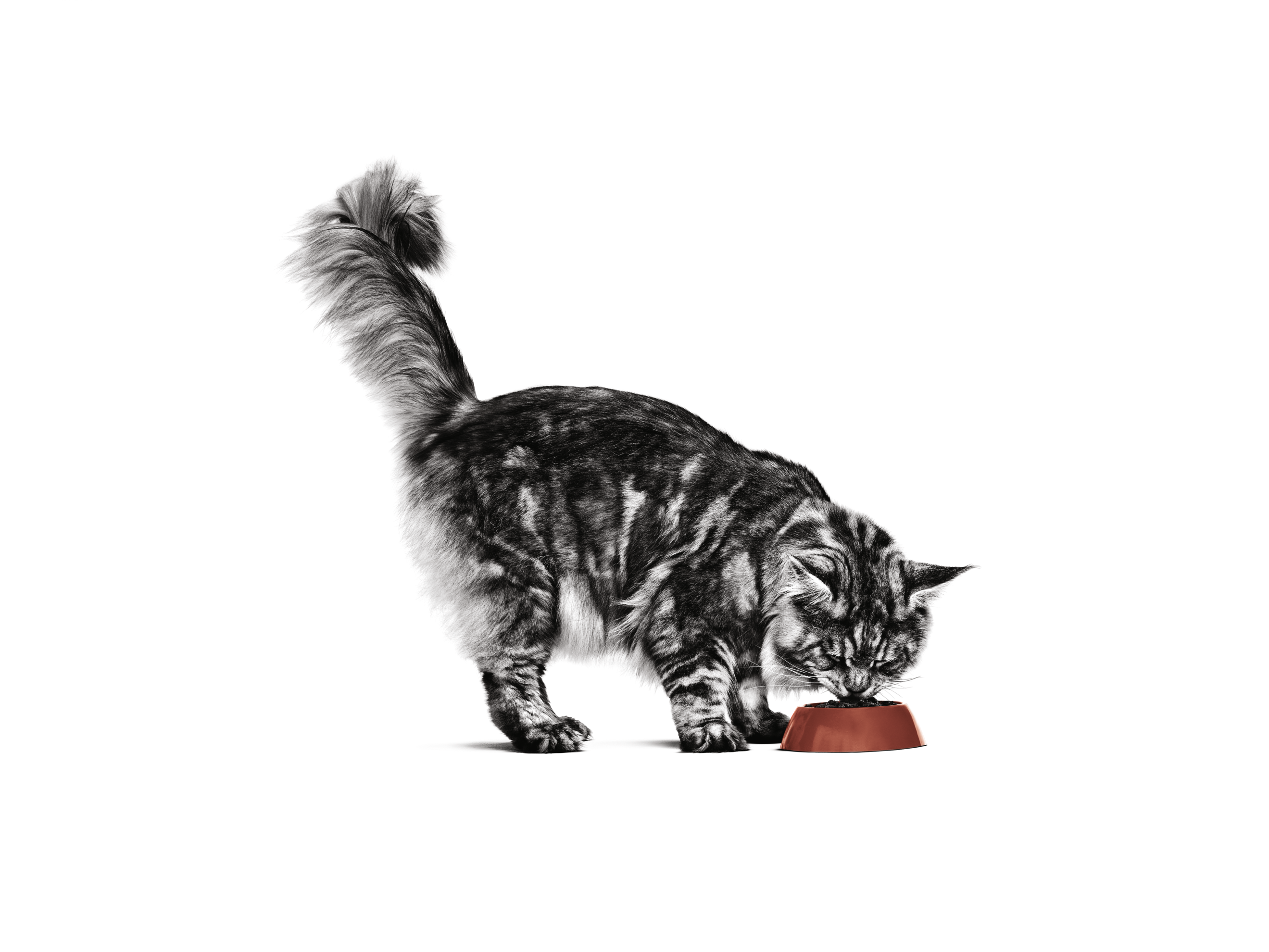
Your adult cat
Did you know tailored nutrition can help prevent common health conditions in adult pets? Feeding your pet a tailored high quality diet can help to prevent obesity, support joints, eliminate bad breath, and improve pets with sensitive skin and digestive issues. Your veterinarian can help you determine the optimal nutrition for your adult cat.
Did you know?
Cats spend 30% of their waking hours grooming which can cause hairballs.
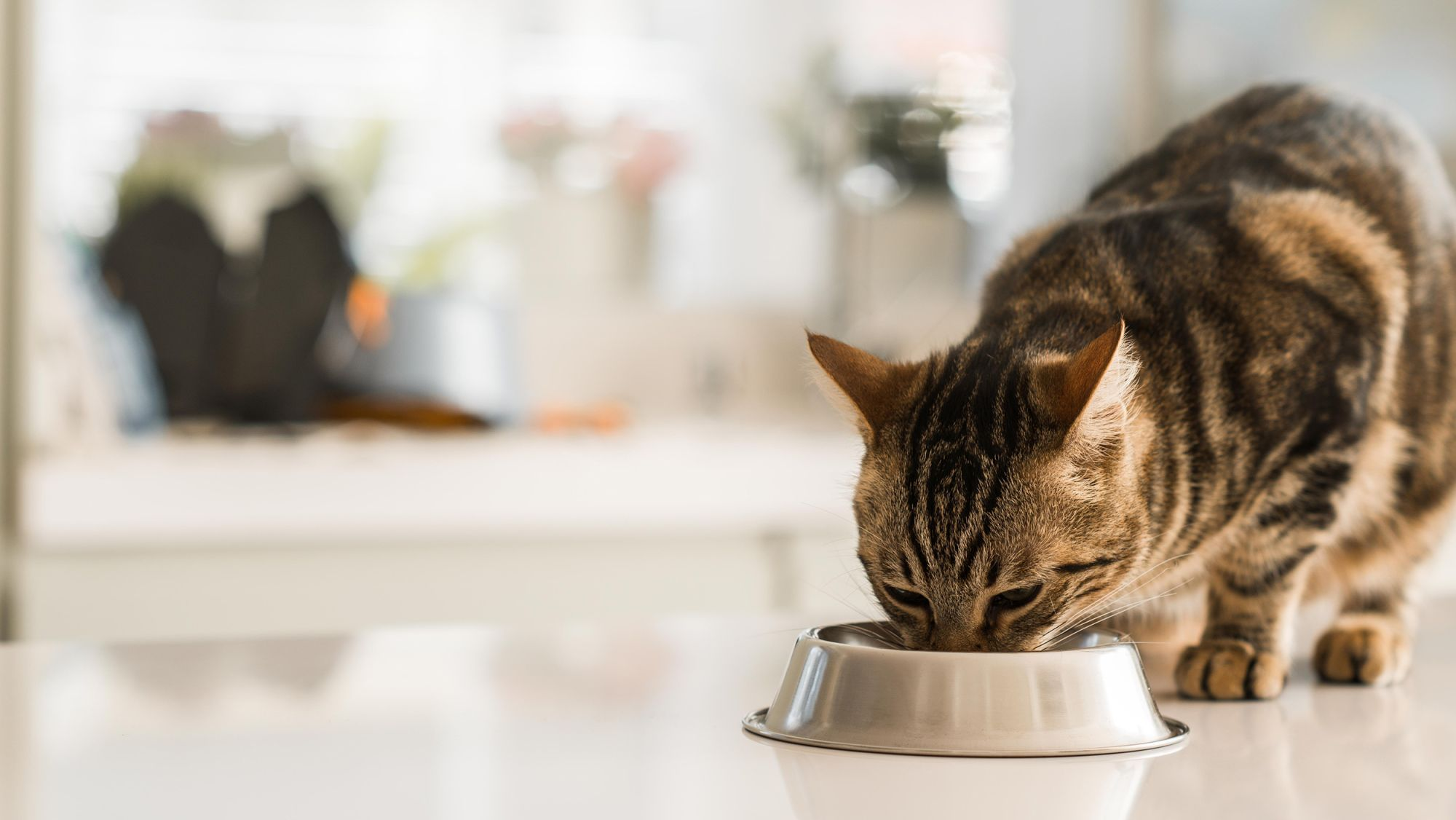
Weight management
In Australia, 28% of cats are considered overweight or obese. A healthy weight for your cat means better quality of life and reduced risk of many illnesses commonly associated with obesity. Nutrition is key to ensuring your cat has the right amount of calories per day. If your pet struggles with keeping the excess weight off, please speak to your veterinarian for the best diet to help.
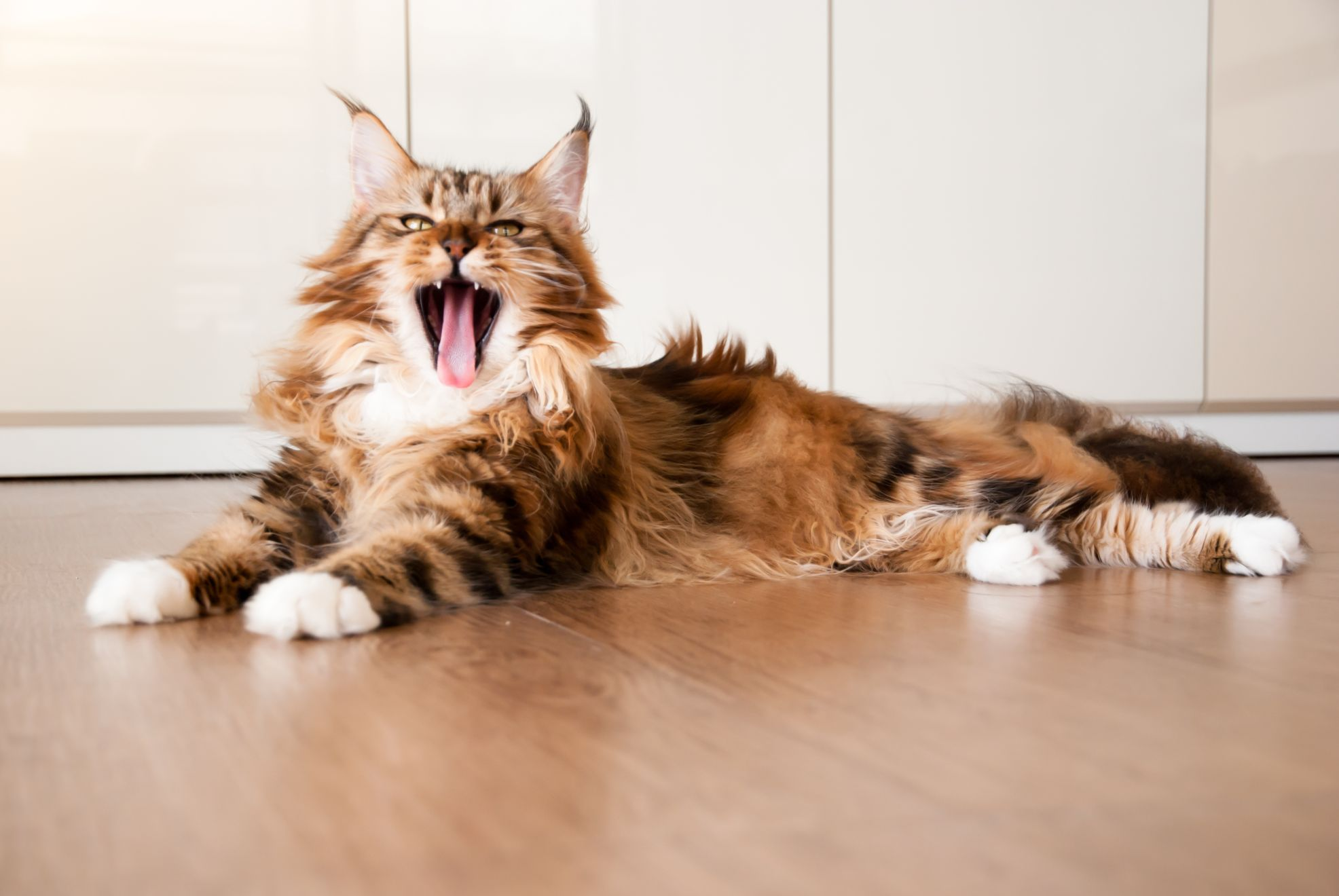
Dental care
The first thing to do if you notice that your cat has persistent bad breath is to book an appointment with your vet. Oral hygiene plays an important role in maintaining your cats overall health. Common signs of dental disease include bad breath, painful mouth, difficulty eating or reduced appetite, teeth loss, pawing and rubbing of the mouth, bleeding gums, yellow-brown tartar build up on teeth and drooling. Find out how nutrition can help.
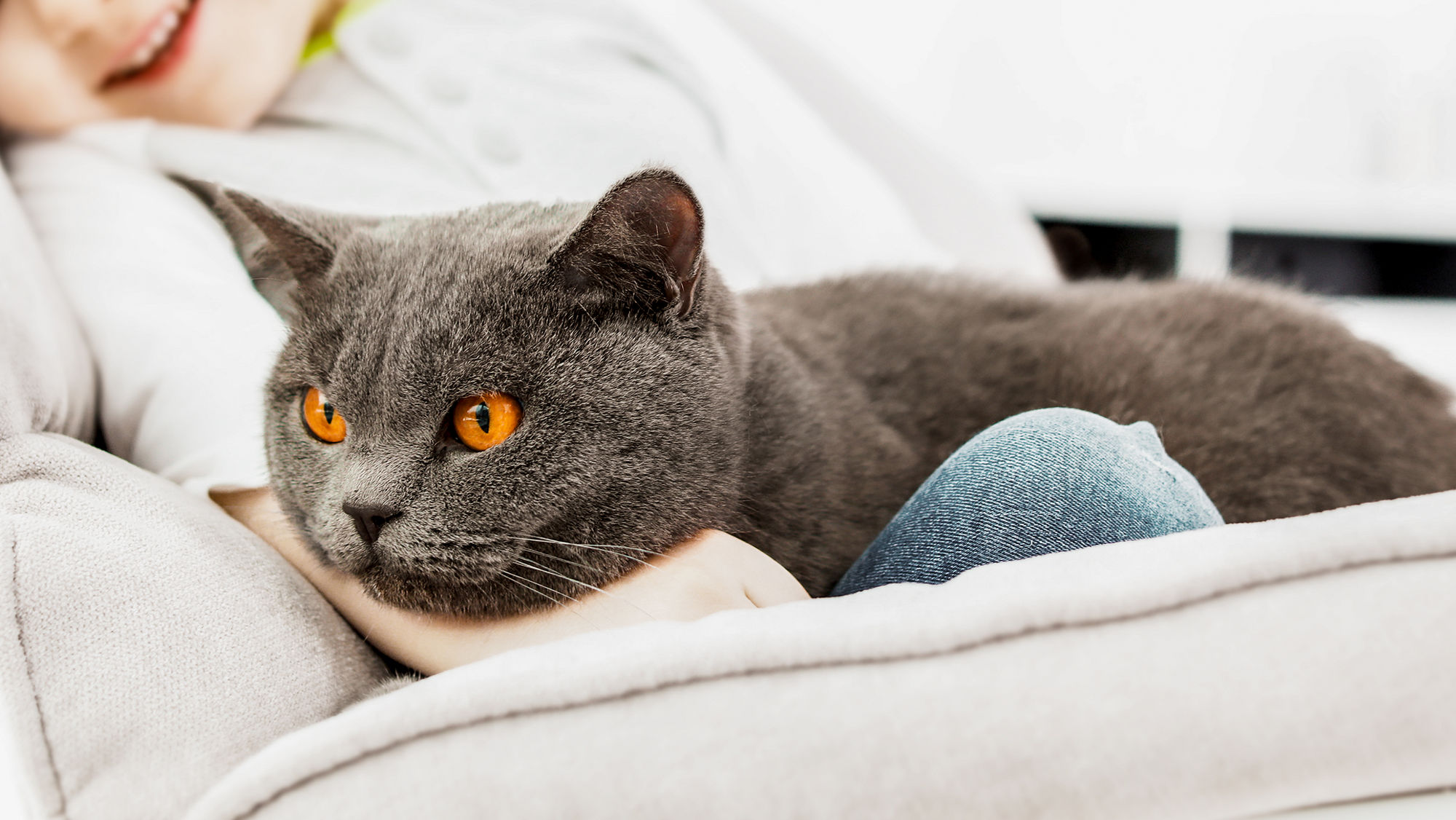
Urinary care
Lower urinary tract problems are common and affect many adult cats. Some of the common signs of lower urinary tract issues include straining to urinate, increased urination, vocalising in pain when urinating, blood in the urine and urinating in inappropriate areas. There are many diets available that have specific nutrients to help support urinary health in adult cats, which can help prevent this uncomfortable condition.
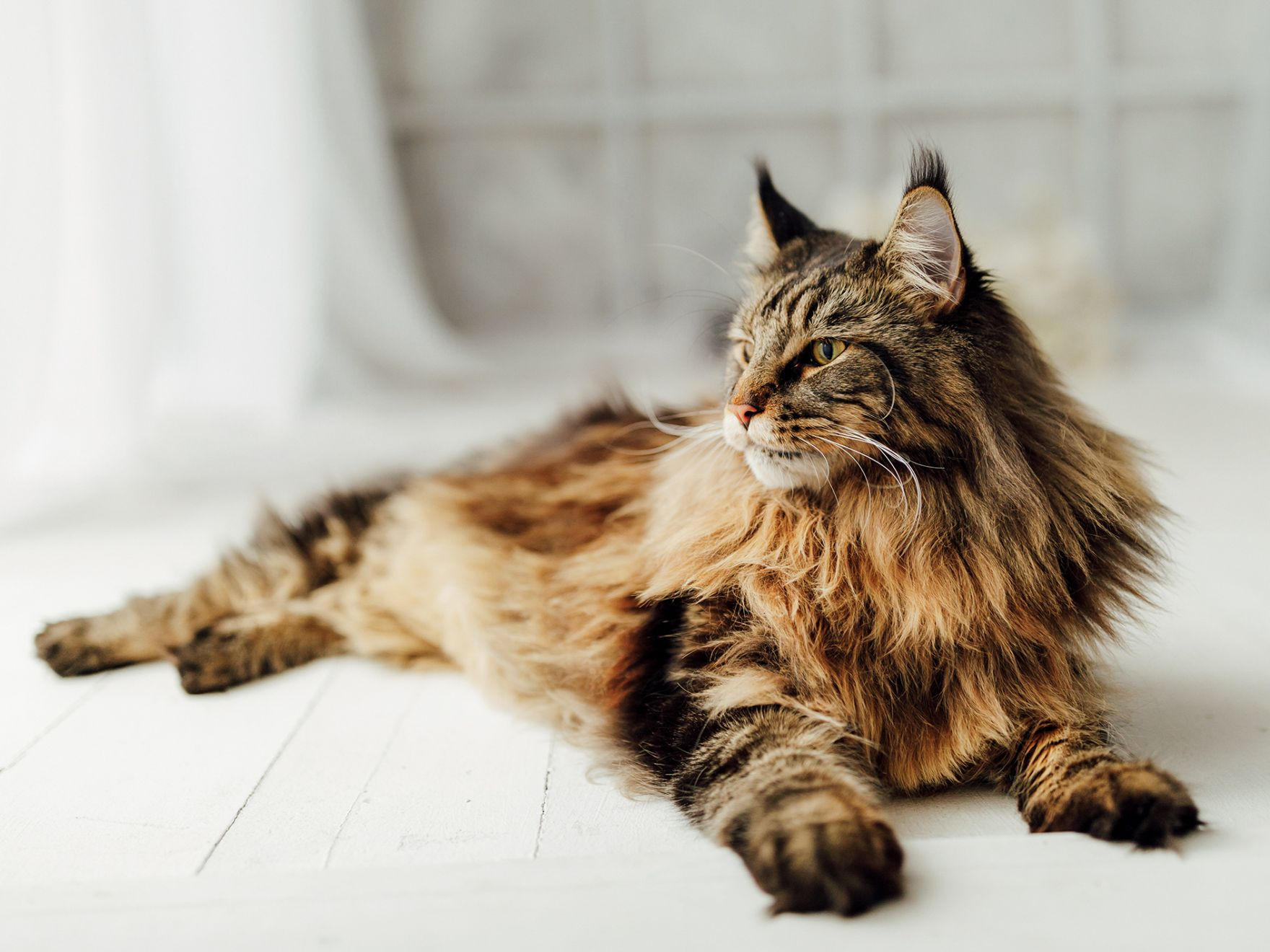
Skin care
Did you know cats spend 30% of their waking hours grooming? When your cat grooms, it will ingest hair which may accumulate in the stomach. Tailored high quality diets for adult cats contain specific dietary fibres that prevent the ingested hair from being brought back up as hairballs, and instead pass out in the stools. Speak to your vet about the best nutritional solutions for your cat.

Speak with your vet
Book an appointment with your veterinarian today to ensure your pet is receiving the appropriate nutrition for their life stage.